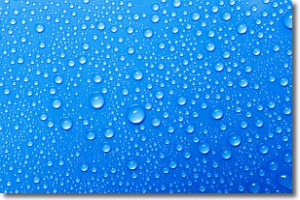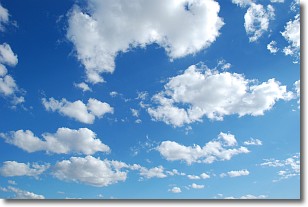Weather Alert in Alaska
High Surf Advisory issued August 11 at 4:34AM AKDT until August 12 at 10:00PM AKDT by NWS Anchorage AK
AREAS AFFECTED: Kuskokwim Delta Coast and Nunivak Island
DESCRIPTION: * WHAT...Water levels 1 to 2 feet above the normal highest tide line. Wave heights between 4 to 8 feet along the coast. * WHERE...Along the Kuskokwim Delta Coast, including the communities of Kwigillingok, Kongiganak, and Kipnuk. * WHEN...From 10 AM AKDT Monday to 10 PM AKDT Tuesday. * IMPACTS...Localized coastal erosion may occur. * ADDITIONAL DETAILS...There will be 2 peaks of high water occurring around high tide. The first occurs this afternoon and the second on tomorrow afternoon. The strongest push of southerly winds into the coast, with gusts between 40 to 50 mph, will be this afternoon into tomorrow morning. However, southerly fetch and winds will linger through tomorrow evening causing wave heights to be slow to subside along the coast.
INSTRUCTION: A high surf advisory means that high surf will affect beaches in the advisory area, producing rip currents and localized beach erosion.
Want more detail? Get the Complete 7 Day and Night Detailed Forecast!
Current U.S. National Radar--Current
The Current National Weather Radar is shown below with a UTC Time (subtract 5 hours from UTC to get Eastern Time).

National Weather Forecast--Current
The Current National Weather Forecast and National Weather Map are shown below.

National Weather Forecast for Tomorrow
Tomorrow National Weather Forecast and Tomorrow National Weather Map are show below.

North America Water Vapor (Moisture)
This map shows recent moisture content over North America. Bright and colored areas show high moisture (ie, clouds); brown indicates very little moisture present; black indicates no moisture.

Weather Topic: What is Condensation?
Home - Education - Precipitation - Condensation
 Next Topic: Contrails
Next Topic: Contrails
Condensation is the process which creates clouds, and therefore
it is a crucial process in the water cycle.
Condensation is the change of matter from a state of gas into a state of liquid,
and it happens because water molecules release heat into the atmosphere and
become organized into a more closely packed structure, what we might see as
water droplets.
Water is always present in the air around us as a vapor, but it's too small for
us to see. When water undergoes the process of condensation it becomes organized
into visible water droplets. You've probably seen condensation happen before on the
surface of a cold drink!
Next Topic: Contrails
Weather Topic: What are Cumulonimbus Clouds?
Home - Education - Cloud Types - Cumulonimbus Clouds
 Next Topic: Cumulus Clouds
Next Topic: Cumulus Clouds
The final form taken by a growing cumulus cloud is the
cumulonimbus cloud, which is very tall and dense.
The tower of a cumulonimbus cloud can soar 23 km into the atmosphere, although
most commonly they stop growing at an altitude of 6 km.
Even small cumulonimbus clouds appear very large in comparison to other cloud types.
They can signal the approach of stormy weather, such as thunderstorms or blizzards.
Next Topic: Cumulus Clouds
Current conditions powered by WeatherAPI.com




